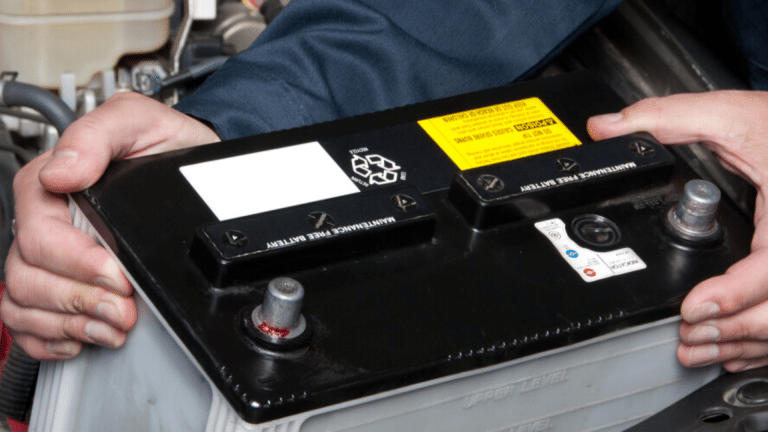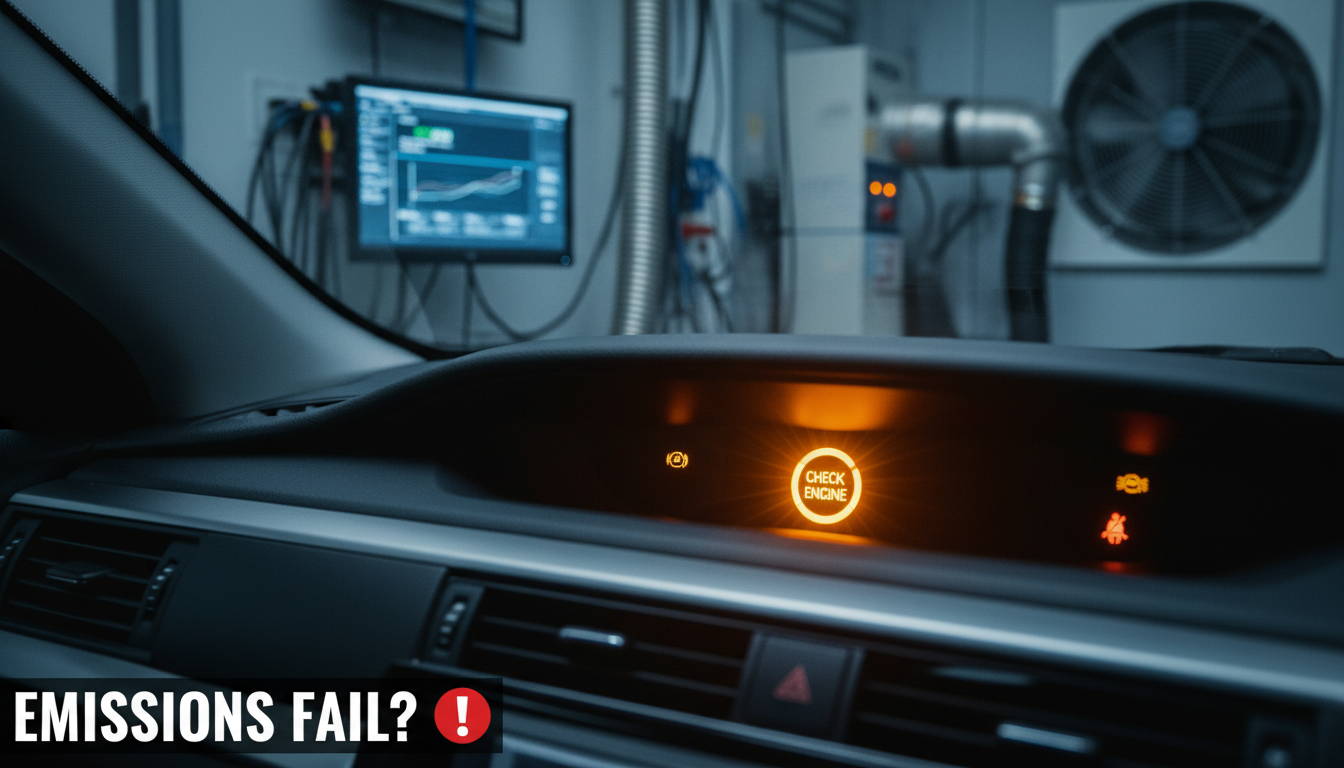Owning a BMW is a proud experience, blending luxury, performance, and precision engineering. However, even the most carefully designed vehicles require regular maintenance to stay at their best.
One of the most essential aspects of BMW upkeep is battery replacement. Over time, a BMW’s battery can lose its efficiency, affecting performance and reliability.
As an owner, I understand how crucial it is to stay informed about battery replacement costs to avoid unexpected expenses. The last thing anyone wants is a surprise bill or the stress of dealing with a malfunctioning battery.
In this guide, I’ll walk you through the factors that impact battery replacement costs for BMWs, helping you make educated decisions when the time comes to replace your battery.
What Influences BMW Battery Replacement Costs?
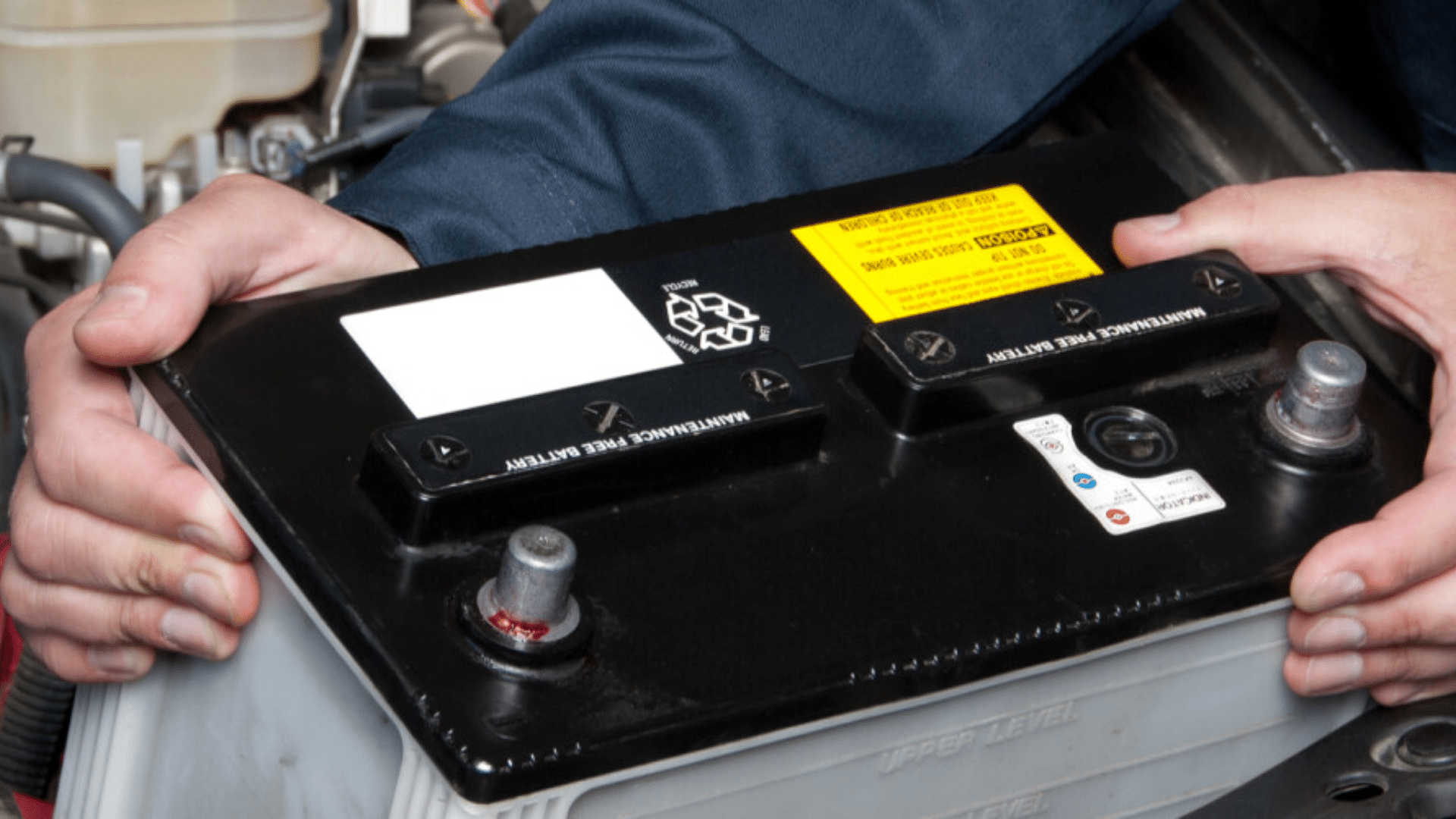
Several factors play a role in determining the cost of replacing a BMW battery. First, the model and year of your BMW can influence the price.
Newer and high-performance models, such as the M Series or i3, may require more specialized batteries, which can be more expensive.
The battery type is another key factor; BMWs often use Absorbent Glass Mat (AGM) batteries, which are known for their durability and high performance but come at a higher cost compared to conventional batteries.
Additionally, labor charges can vary depending on what you choose: a dealership or an independent mechanic. Dealerships tend to charge higher labor fees for their specialized services.
Lastly, location matters; prices can differ based on regional labor rates and the availability of parts. Be sure to get multiple quotes before making a decision.
Average Cost of BMW Battery Replacement
Replacing a BMW battery can vary in cost depending on the model and type. A quick look at what you can expect to pay across different BMW vehicle types is:
| BMW Model Type | Estimated Cost Range | Notes |
|---|---|---|
| Standard Models | $200 – $400 | Includes 3 Series, X1, etc. Standard batteries and simpler installation. |
| Luxury/Performance Models | $400 – $600 | Includes 7 Series, M3, X5, etc. Requires specialized batteries. |
| Electric Models (EVs) | $1,500 – $20,000+ | Includes i3, i4, iX. High-voltage battery systems drive costs up. |
| Additional Notes |
|---|
| Prices include parts and labor, but may vary by location and service provider. |
| Battery registration may be needed for newer models, adding to the total cost. |
Types of Batteries Used in BMWs
BMW uses various battery types tailored to specific models and performance requirements, including AGM, EFB, Lithium-Ion, and Lead-Acid, each offering different benefits in terms of performance, lifespan, and cost.
1. Absorbent Glass Mat (AGM) Batteries

AGM batteries are commonly used in newer BMW models. They are designed to be more durable, offering better performance in extreme temperatures and with heavy electrical demands.
These batteries provide fast charging and are highly resistant to vibrations, making them ideal for BMW’s advanced electrical systems.
AGM batteries are also maintenance-free, which makes them a popular choice for luxury vehicles and high-performance models.
2. Enhanced Flooded Batteries (EFB)
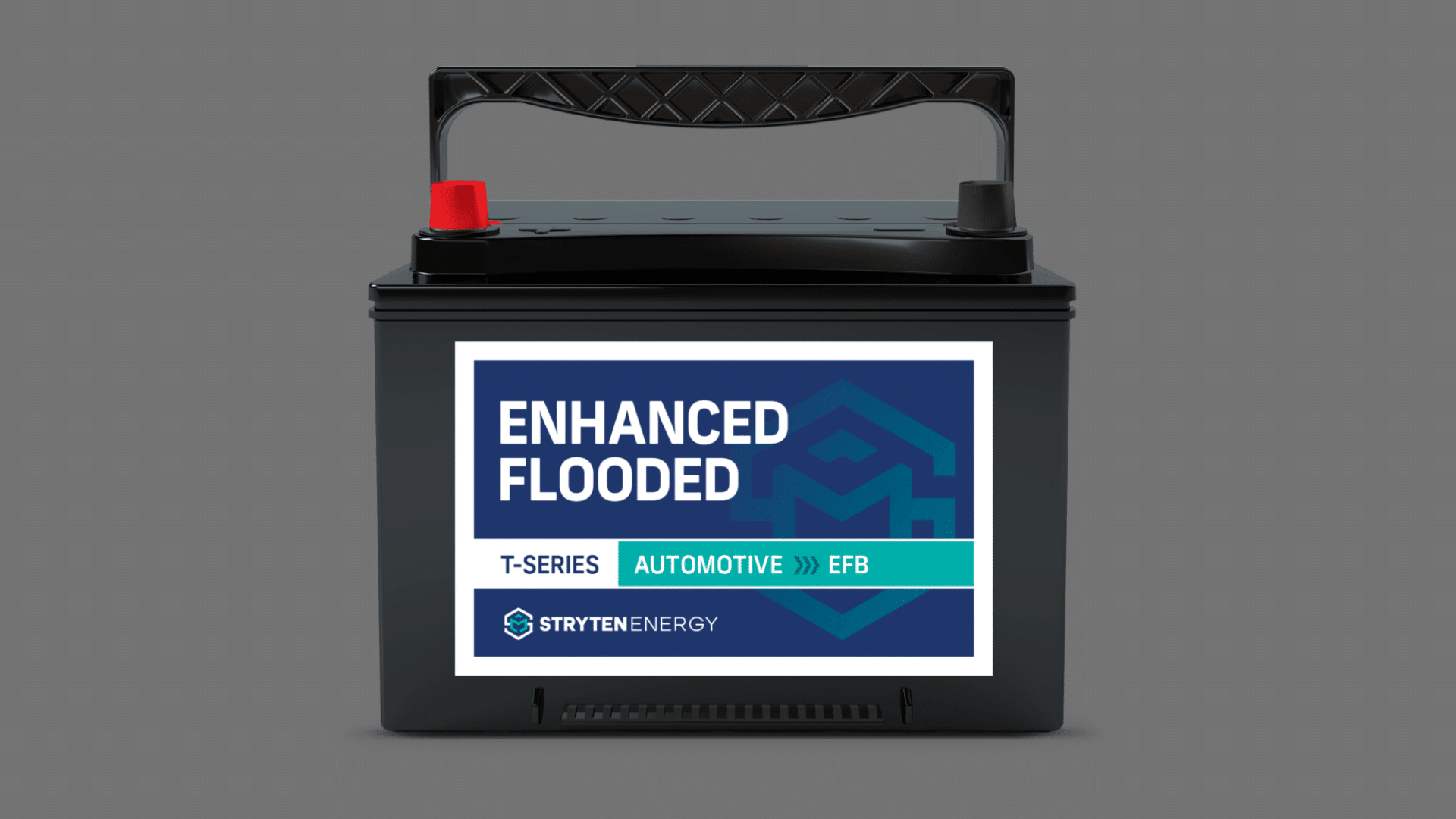
EFB batteries are typically used in older BMW models and vehicles with less demanding electrical systems. They are more affordable than AGM batteries but still provide reliable performance.
While they don’t offer the same power or longevity as AGM batteries, EFBs are a solid choice for vehicles that don’t rely heavily on electrical components like modern infotainment systems or advanced driver assistance features.
3. Lithium-Ion Batteries
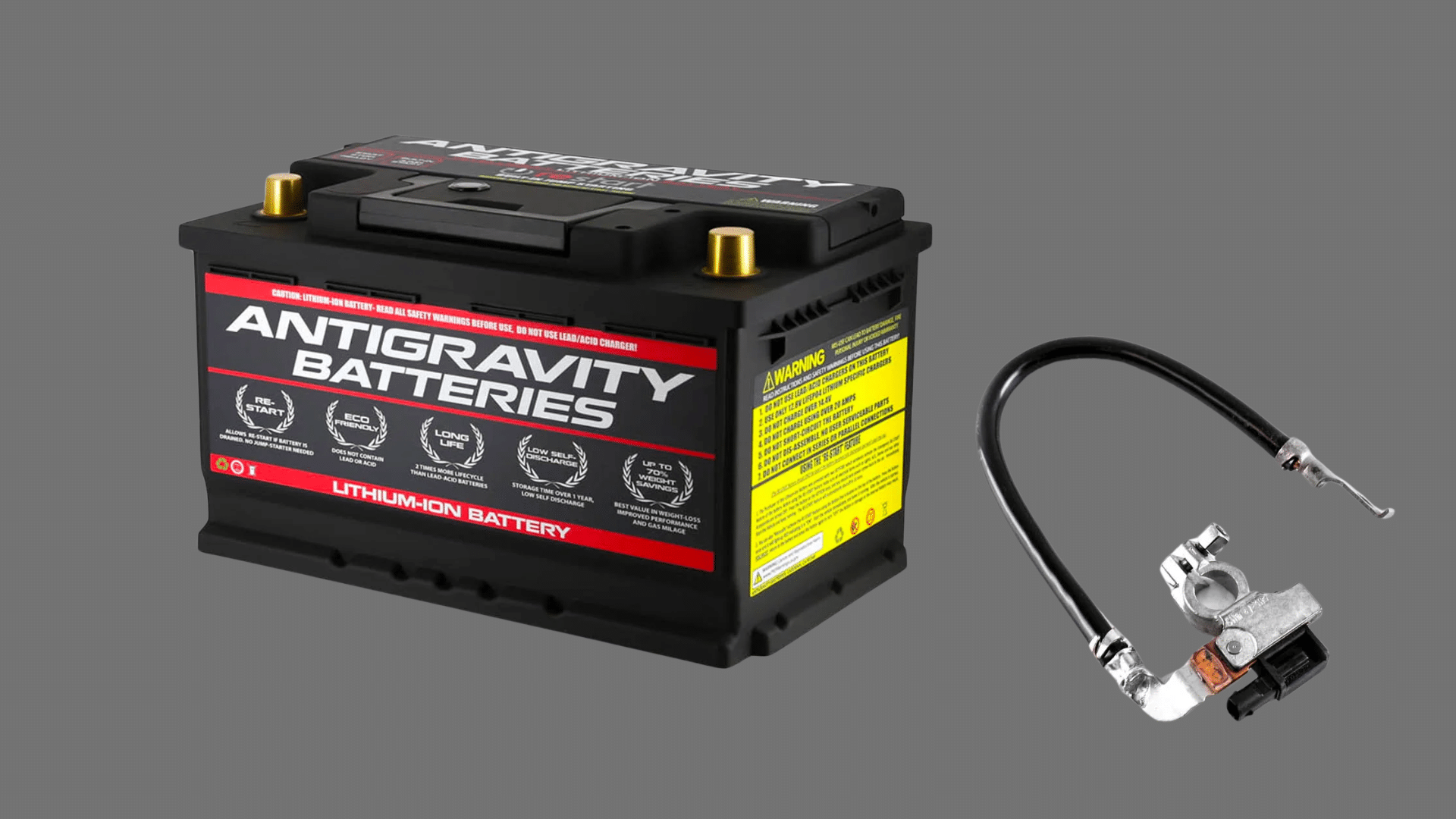
Lithium-ion batteries are primarily found in BMW’s hybrid and electric vehicles, such as the i3 and iX. These batteries are lightweight and provide higher energy density compared to AGM or EFB batteries.
Lithium-ion batteries also have a longer lifespan, making them an excellent choice for electric vehicles.
However, they come at a significantly higher cost due to their complexity and the technology involved in their production and maintenance.
4. Lead-Acid Batteries
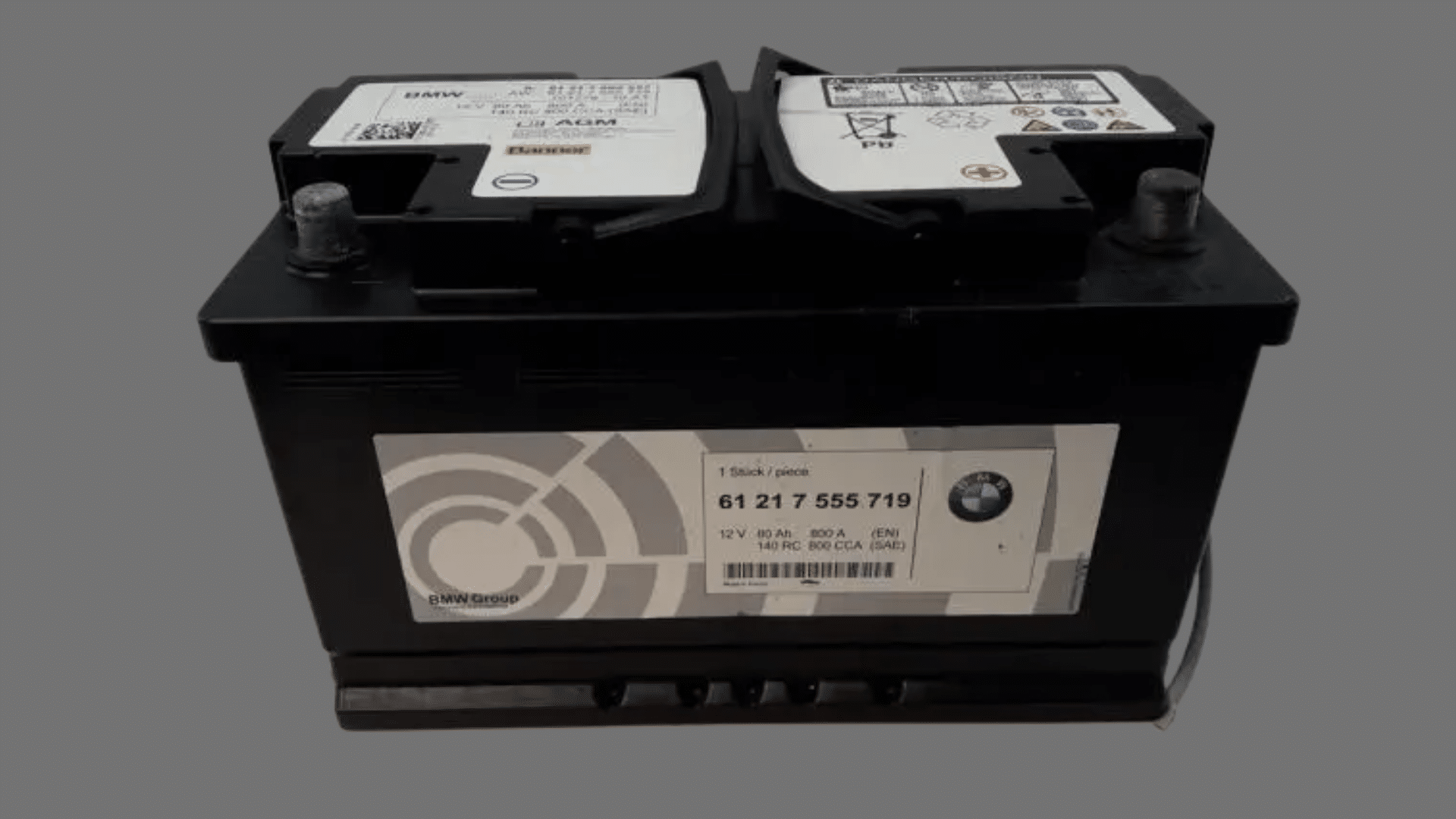
Lead-acid batteries are the traditional type of battery used in older vehicles and are still found in some BMW models, particularly the more basic variants.
While they are relatively inexpensive compared to newer technologies, lead-acid batteries are less efficient and don’t last as long.
They also require more maintenance, such as checking electrolyte levels, making them less ideal for modern BMW models with advanced electrical systems.
Dealer vs. Independent Mechanic: Which Is More Cost-Effective?
While dealerships offer specialized knowledge and OEM parts, independent mechanics can provide quality service at a more affordable price. Always ensure that the parts used meet BMW’s specifications.
| Factor | Dealerships | Independent Mechanics |
|---|---|---|
| Expertise | Specializing in BMW vehicles | General automotive knowledge |
| Cost | Higher labor rates | More affordable |
| Parts Quality | OEM parts | May use OEM or aftermarket parts |
| Warranty | Manufacturer’s warranty | Varies; may offer a limited warranty |
The Importance of Battery Registration
After replacing your BMW battery, it’s essential to complete the battery registration process. This ensures your car’s electrical system correctly recognizes the new battery, helping to optimize its performance.
- Optimizes Battery Performance: Ensures the electrical system recognizes and adjusts for the new battery.
- Calibrates Charging Cycles: Helps the car’s computer system calibrate charging cycles and power distribution.
- Prevents Issues: Skipping registration can lead to:
-
Reduced battery life
-
Electrical malfunctions
-
Warning lights on the dashboard
-
- Cost-Effective Step: Proper registration avoids unnecessary repairs and ensures your new battery operates optimally.
- Dealership Service: Many BMW dealerships include registration during battery replacement, but always confirm with your technician.
Warranty and Maintenance Considerations
BMW offers a battery warranty typically ranging from 2 to 4 years, depending on the model and region.
This warranty often covers battery defects and premature failure, but may not cover issues related to wear and tear or improper maintenance.
To maximize your battery’s lifespan, regular maintenance is essential, which includes checking the battery’s health and ensuring it’s properly charged.
Routine checks for corrosion, cleaning battery terminals, and ensuring the charging system is functioning correctly are vital steps to maintaining battery efficiency.
Always refer to your BMW owner’s manual for specific maintenance guidelines, as it provides valuable insights on when to check the battery and how to care for it properly.
Signs That Your BMW Battery Needs Replacement
Recognizing early signs of battery failure can prevent unexpected breakdowns, helping you avoid costly repairs and ensuring your BMW remains reliable.
- Difficulty starting the engine: If your BMW engine struggles to start or doesn’t start at all, it may indicate that the battery is losing its charge or has failed.
- Dim or flickering headlights: Flickering or dim headlights, particularly when idling, suggest the battery is no longer providing consistent power.
- Electrical accessories malfunctioning: Malfunctions in electrical systems like the radio, air conditioning, or power windows can be a sign that the battery is unable to provide the necessary voltage.
- Warning lights on the dashboard: If battery or charging system warning lights appear on your dashboard, it’s a clear indication that the battery is malfunctioning.
- Strange or odd smells coming from the engine bay: A rotten-egg smell or burning odor near the battery indicates leakage or overheating, both of which signal battery failure.
- Swollen or bloated battery case: A swollen or misshapen battery case often points to excessive heat or overcharging, reducing the battery’s efficiency.
- Unusual noises when starting the car, such as clicking sounds: Clicking sounds when turning the key are a sign that the battery isn’t delivering enough power to start the car.
- Rapid discharge of the battery, even after a full charge: If the battery discharges too quickly, even after a full charge, it indicates internal failure or damage.
- Car electronics, like the radio or air conditioning, are not working properly: If your BMW’s electronics start acting erratically or malfunctioning, the battery may not be supplying enough power.
BMW Owners’ Experiences with Battery Replacement Costs
BMW owners share that battery replacement costs vary widely, with prices ranging from $300 to $600 for standard models and much higher for electric or performance vehicles.
- Cost Range for Replacement: Many BMW owners report that battery replacement typically costs between $300 and $600, depending on the model and location.
- Performance Models Are Expensive: Owners of performance models like the BMW M Series note that battery replacements can range from $400 to $600 or more, reflecting the need for specialized batteries.
- Electric Models Are Costly: Owners of electric models such as the BMW i3 or iX share that replacement costs can soar to $1,500 to $20,000, reflecting the complexity of electric vehicle batteries.
- DIY Battery Registration: Some owners mention saving money by performing their own battery registration using compatible diagnostic tools, avoiding extra labor charges at dealerships.
- Preventive Maintenance Saves: Many owners emphasize how regular battery maintenance and timely replacements can save them from more expensive repairs later.
- Warranty Coverage: A number of BMW owners have benefited from battery warranties, typically covering up to 2 to 4 years, reducing the financial burden of replacement.
Conclusion
Replacing a BMW battery can be an essential yet costly part of maintenance, but understanding the factors involved can help me make informed decisions and manage costs effectively.
From knowing the typical replacement costs to recognizing the signs of battery failure, staying proactive with regular checks and maintenance can extend the life of my battery.
I’ve learned that by comparing prices, considering aftermarket options, and taking care of the battery, I can save a significant amount.
Additionally, taking the time to understand the importance of battery registration ensures my car performs at its best. If I ever face battery issues, I know that consulting my BMW technician or dealership is a smart move.
If you need guidance or have questions about battery replacement, feel free to reach out. I’m here to help.


